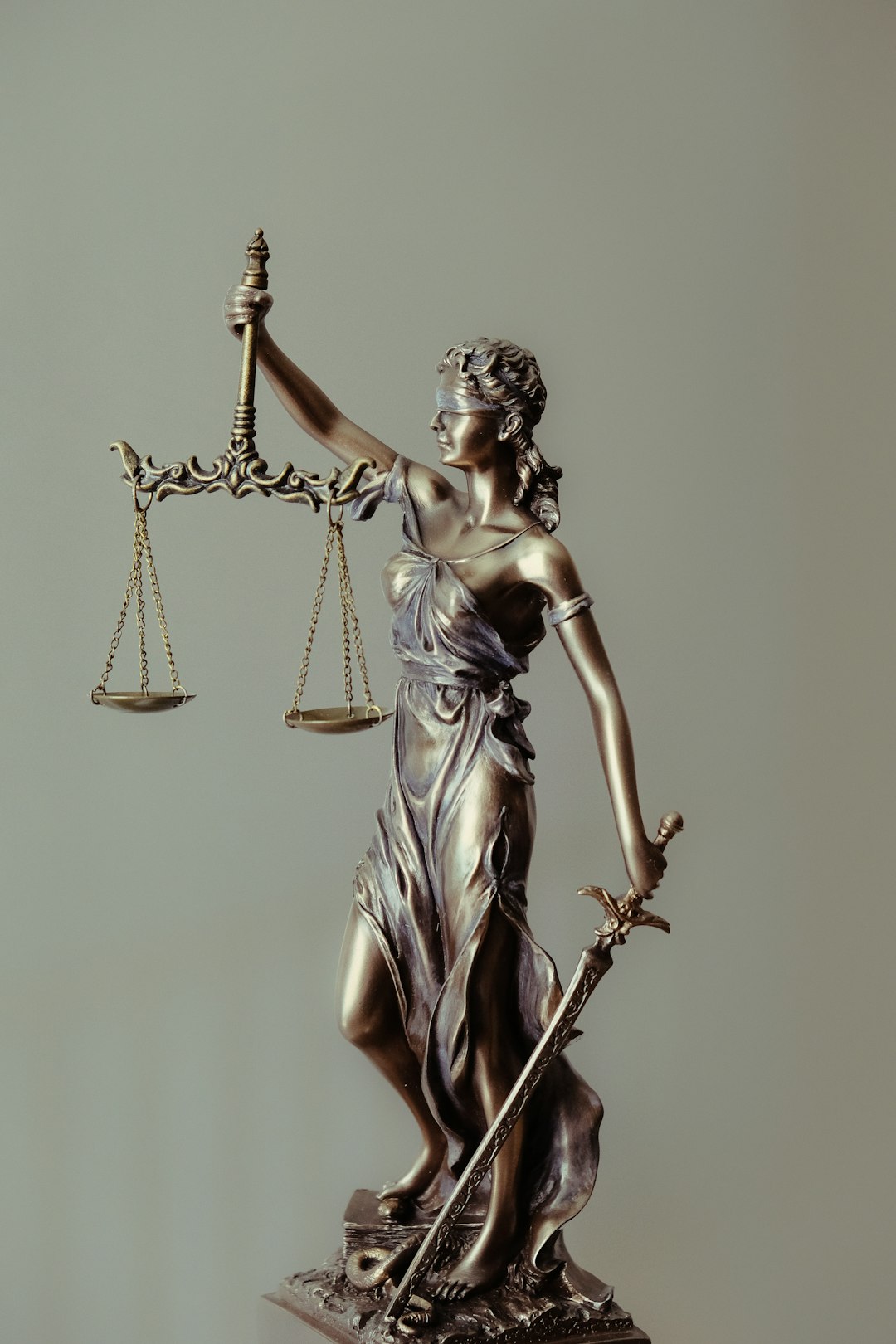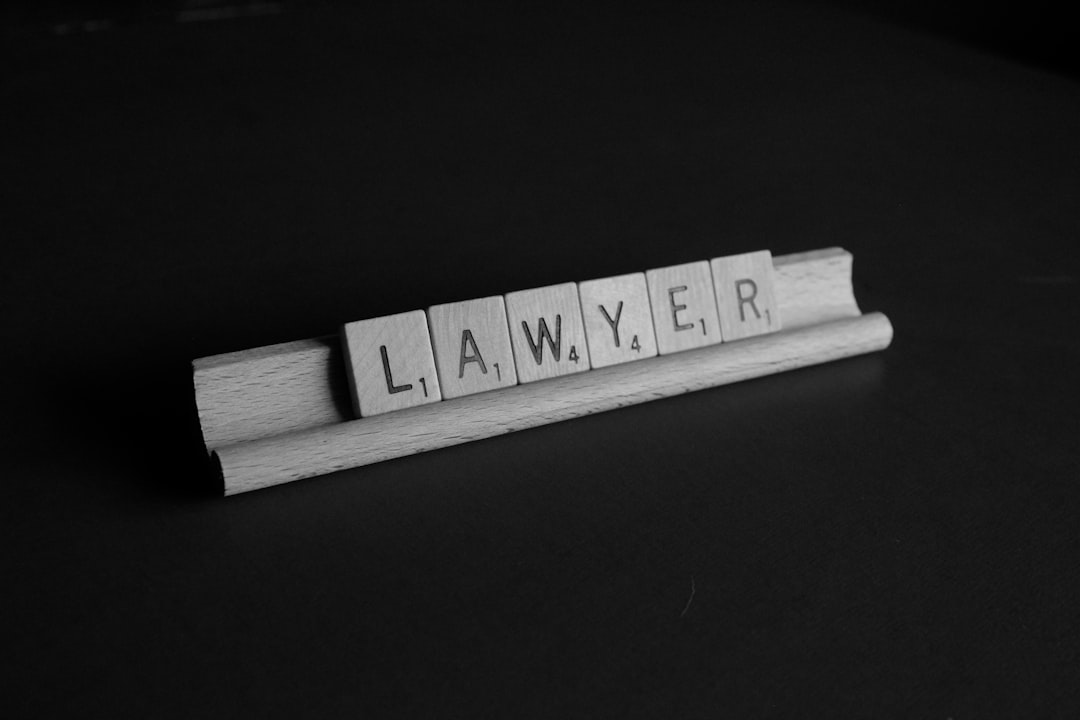In the digital age, sexual assault lawyers in Mississippi face unique challenges navigating social media evidence. They secure client accounts, preserve digital clues, and analyze content strategically while adhering to state laws on privacy and admissibility. These attorneys must balance leveraging online data with protecting victim confidentiality, especially in sensitive cases. Case law guides the admission of social media evidence while safeguarding anonymity, requiring lawyers to stay current on digital forensics and ethical handling.
In the digital age, social media plays a significant role in sexual assault cases, presenting both opportunities and challenges for lawyers in Mississippi. This article explores how online platforms can impact legal proceedings, focusing on evidence collection, legal strategies, and ethical dilemmas. For sexual assault lawyers in Mississippi, understanding the unique aspects of digital forensics is crucial to navigating these complex cases effectively. By examining real-world scenarios and case law, we uncover the essential considerations for sexual assault attorneys and firms in Mississippi when dealing with social media evidence.
The Role of Social Media Evidence in Sexual Assault Cases
In today’s digital age, social media platforms can serve as a double-edged sword in sexual assault cases. On one hand, they provide a powerful tool for victims to share their stories and raise awareness, potentially garnering support from the community. This can be invaluable for victims seeking justice and healing. However, social media evidence also presents unique challenges. Posts, messages, and online interactions can inadvertently expose sensitive details of an incident, impacting the privacy and safety of all involved. A sexual assault lawyer in Mississippi understands the delicate nature of this digital trail and its potential to influence case outcomes.
When navigating a sexual assault case, a qualified sexual assault attorney in Mississippi can help clients manage social media accounts securely. This includes preserving relevant posts as evidence while ensuring that personal information remains protected. Experts in sexual assault law firms in Mississippi are trained to extract valuable digital clues that may strengthen a victim’s case or challenge the defendant’s narrative. By carefully managing and analyzing social media content, these attorneys can provide strategic guidance, ultimately advocating for their clients’ rights and seeking just outcomes under Mississippi’s sexual assault laws.
Legal Considerations for Sexual Assault Lawyers in Mississippi
In Mississippi, sexual assault lawyers face unique challenges when navigating legal considerations in digital age cases. With the proliferation of social media platforms, evidence and witness accounts can be readily shared and accessed, both by the prosecution and defense. This presents opportunities for stronger case building but also raises concerns about the admissibility of such evidence. Legal professionals must stay abreast of evolving state laws regarding social media posts, privacy rights, and the handling of digital forensics to ensure a fair and just trial.
Sexual assault attorneys in Mississippi need to understand the nuances of how online activities can impact their cases. This includes recognizing potential biases or misunderstandings that may arise from public discussions on social media platforms and knowing when to request limitations on evidence derived from these sources. Moreover, they must be adept at protecting client confidentiality while effectively utilizing digital tools for case management and communication, especially when dealing with sensitive matters related to sexual assault.
Ethical Implications and Case Law on Social Media Use in Sexual Assault Trials
The use of social media in sexual assault trials presents a complex web of ethical implications and legal precedents. While digital evidence can be crucial in establishing or disputing allegations, it also raises significant privacy concerns. In Mississippi, as in many jurisdictions, there is a delicate balance between admitting relevant online interactions that might prove or disprove guilt, and protecting the victim’s right to privacy and anonymity.
Case law in Mississippi and across the nation offers guidance on this issue. Courts have ruled on the admissibility of social media posts, messages, and images in sexual assault cases, often emphasizing the need for careful screening and authentication. A sexual assault lawyer or attorney in Mississippi should be well-versed in these precedents to ensure that digital evidence is handled ethically and appropriately, protecting both the rights of the accused and the interests of the victim. This includes ensuring that any online activity presented as evidence does not further traumatize the victim or violate their privacy rights, especially when seeking representation from a sexual assault law firm or attorneys specializing in such cases.





